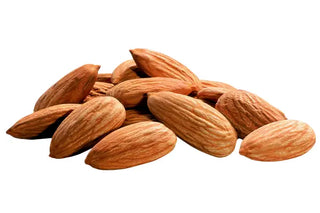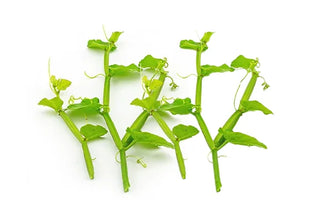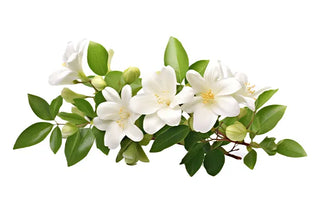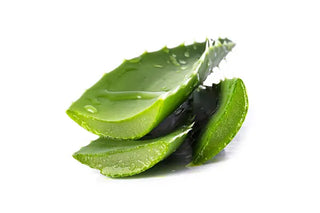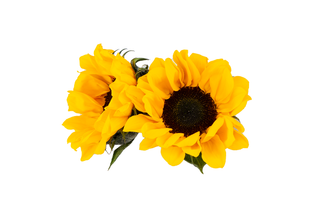
Ingredients
Sunflower
Sunflowers (Helianthus annuus) are vibrant, sun-loving plants admired for their beauty, nutrient-rich seeds, versatile oil, and ecological benefits.
The sunflower, scientifically known as Helianthus annuus, is a vibrant flowering plant celebrated for its striking beauty and numerous benefits. Native to North America, the sunflower has been cultivated for centuries, revered not only as a decorative plant but also for its seeds, oil, and other byproducts that hold immense nutritional and industrial value. With its iconic golden-yellow petals and large central disc, the sunflower is a symbol of warmth, positivity, and sustainability.
Sunflower seeds are one of the plant’s most valuable offerings. Packed with essential nutrients like vitamin E, magnesium, selenium, and healthy fats, they are a powerhouse of health benefits. These seeds are known for their antioxidant properties, which help combat oxidative stress and support skin health, heart function, and immune resilience. Sunflower seeds are also a good source of protein, making them a favorite among vegetarians and health enthusiasts. Often consumed raw, roasted, or incorporated into snacks and baked goods, sunflower seeds are both delicious and nutritious.
Sunflower oil, extracted from the seeds, is another versatile product of this plant. It is widely used in cooking due to its light flavor, high smoke point, and healthful composition of unsaturated fats. Beyond the kitchen, sunflower oil is a common ingredient in skincare products, thanks to its hydrating and anti-inflammatory properties. It helps maintain moisture, soothe irritated skin, and improve the overall texture and appearance of the skin.
In addition to its edible benefits, the sunflower is ecologically significant. Its deep root system helps improve soil health, and the plant is often used in crop rotation to prevent soil erosion. Sunflowers also play a role in phytoremediation, absorbing toxins from the soil and cleaning contaminated land. Their nectar-rich flowers attract pollinators like bees and butterflies, supporting biodiversity.
The sunflower’s cultural significance is equally impressive. It has been a symbol of adoration, loyalty, and longevity in various cultures. Its bright, sun-facing blooms make it a favorite in gardens, art, and décor, inspiring positivity and joy wherever it is found.
From its seeds and oil to its ecological and cultural impact, the sunflower is truly a multifaceted plant that brings value to both humans and the environment. Its enduring appeal lies in its ability to nourish, heal, and uplift, making it a cherished symbol of life and vitality.


